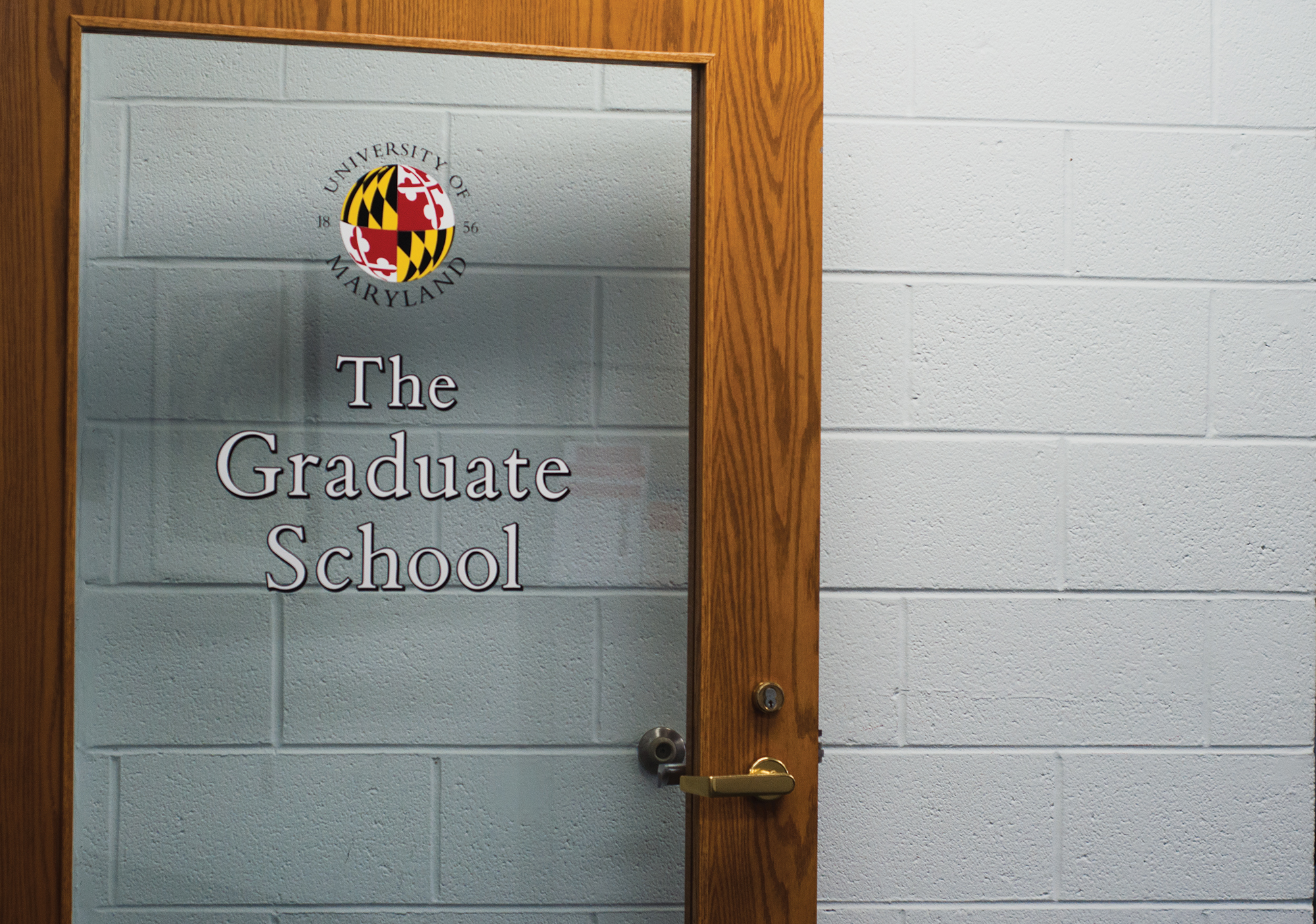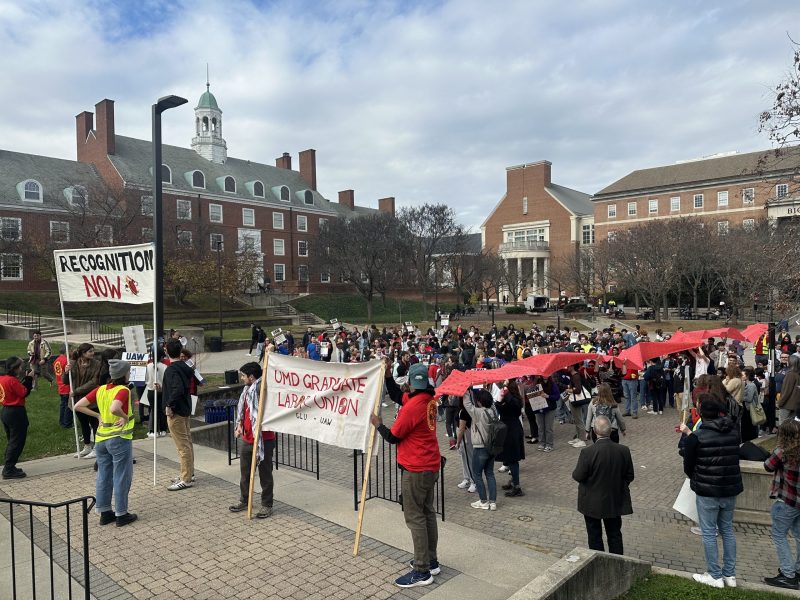Some University of Maryland graduate students dialed their phones Wednesday to voice concerns about tax reform to their representatives on Call Congress Day, a nationwide day of advocacy organized by the National Association of Graduate-Professional Students.
The current version of the tax bill in the U.S. House of Representatives would force graduate employees to choose between amounting student debt and ending their education, said Caden Fabbi, Graduate Student Government chief of staff.
On Nov. 2, U.S. Rep. Kevin Brady introduced the new tax reform bill — the Tax Cuts and Jobs Act. The act would eliminate Section 117(d) of the IRS code, which exempts tuition waivers from taxable income. This means students could be taxed on the money that the university provides for their education, money that never even enters their bank accounts.
The Tax and Jobs Act would also repeal a section of the IRS code that allows employers to offer paid assistantship positions to graduate students tax-free.
Students with waivers exceeding the pay of their assistantship stipends can suffer significant losses, Fabbi said.
[Read more: UMD GSG launches investigation into president after noticing $30,000 budget deficit]
The minimum stipend for a 9-month assistantship is $15,294, according to the graduate school website.
“This bill punishes graduate students rather than enable them to do good scholarship work and teaching,” said Thomas McCloskey, a sixth-year doctoral student in the communication department. “It is a punitive, mean-spirited attack on the people who can least afford it.”
Some graduate students are concerned that they might move into a higher tax bracket if their waivers are considered income. They also fear the new bill will limit the diversity of students in graduate programs.
“People who don’t already have family money rely on the small salary of their assistantships and untaxed tuition remission to be able to afford graduate school,” said Morgan Hess, a third-year doctoral student in the communication department. “It’s horrific that anybody who doesn’t have the funds to pay on their own would be denied access.”
Students hope Maryland representatives, as well as elected officials across the country, will listen to concerns made Wednesday and reject the Tax Cuts and Jobs Act as it stands now.
[Read more: After first grad dean pick fell through, UMD announces new interim choice]
President Donald Trump wants the House to pass the tax reform bill by Thanksgiving, he said in an press briefing on Oct. 31.
“Tuition waivers grant graduate students time to focus on their research without worrying about where their next semester of tuition is coming from,” wrote Assistant Dean of the Graduate School Jeff Franke in a statement to The Diamondback Wednesday.
“To diminish that benefit by taxing it as income would create not only a significant burden on the approximately 4,700 students who receive tuition waivers, but would also create a serious disincentive on students to devote their time to the groundbreaking research that not only makes UMD a top research university, but also makes the U.S. higher education system the envy of the world,” Franke said.
Franke and Interim Dean of the Graduate School Steve Fetter are actively working with the university’s government relations staff to lobby on behalf of the university against the taxation of graduate tuition remission, said Mary Carroll-Mason, the graduate school communications officer.



